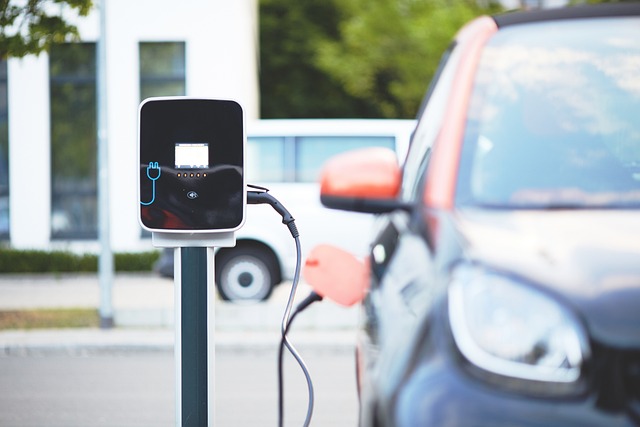The Electric Car Revolution: A Guide to Modern Urban Mobility
The transition to electric vehicles represents one of the most significant shifts in automotive history. As cities become more environmentally conscious and infrastructure adapts to support sustainable transportation, electric cars are emerging as a practical solution for urban mobility. These vehicles combine innovative technology with zero direct emissions, making them increasingly attractive for both environmental and economic reasons.

Two-Seater Electric Cars: Perfect for Urban Living
Compact two-seater electric cars have become increasingly popular in urban settings. These vehicles excel in city environments, offering easy parking, nimble handling, and efficient use of space. Their smaller footprint makes them ideal for navigating crowded streets while maintaining the comfort and safety features expected in modern vehicles.
Urban Mobility Solutions
Electric vehicles are transforming urban transportation with their quiet operation and zero local emissions. Cities worldwide are supporting this transition by installing charging infrastructure, creating low-emission zones, and offering incentives for electric car adoption. The integration of these vehicles into urban environments helps reduce noise pollution and improve air quality for city residents.
Comparing Electric Vehicle Options
When selecting an electric car for urban use, several factors deserve consideration, including range, charging capabilities, and practical features. Here’s a comparison of popular urban electric vehicles:
| Model | Range (EPA) | Charging Time (0-80%) | Starting Price |
|---|---|---|---|
| Smart EQ ForTwo | 58-63 miles | 3-4 hours (7.2 kW) | $29,000 |
| Mini Cooper SE | 110 miles | 36 minutes (50 kW) | $33,900 |
| BMW i3 | 153 miles | 40 minutes (50 kW) | $44,450 |
| Fiat 500e | 199 miles | 35 minutes (50 kW) | $33,210 |
Prices, rates, or cost estimates mentioned in this article are based on the latest available information but may change over time. Independent research is advised before making financial decisions.
Vehicle Technology and Features
Modern electric cars come equipped with advanced technology features that enhance the driving experience. These include regenerative braking systems, smart connectivity options, and sophisticated energy management systems. Many models offer smartphone integration, allowing owners to monitor charging status and control vehicle functions remotely.
Looking to the Future
As battery technology continues to advance and charging infrastructure expands, electric cars are becoming increasingly practical for daily use. The growing variety of models, improved range capabilities, and decreasing costs are making electric vehicles more accessible to a broader range of consumers. This evolution in urban transportation is setting the stage for a more sustainable and efficient future in personal mobility.





